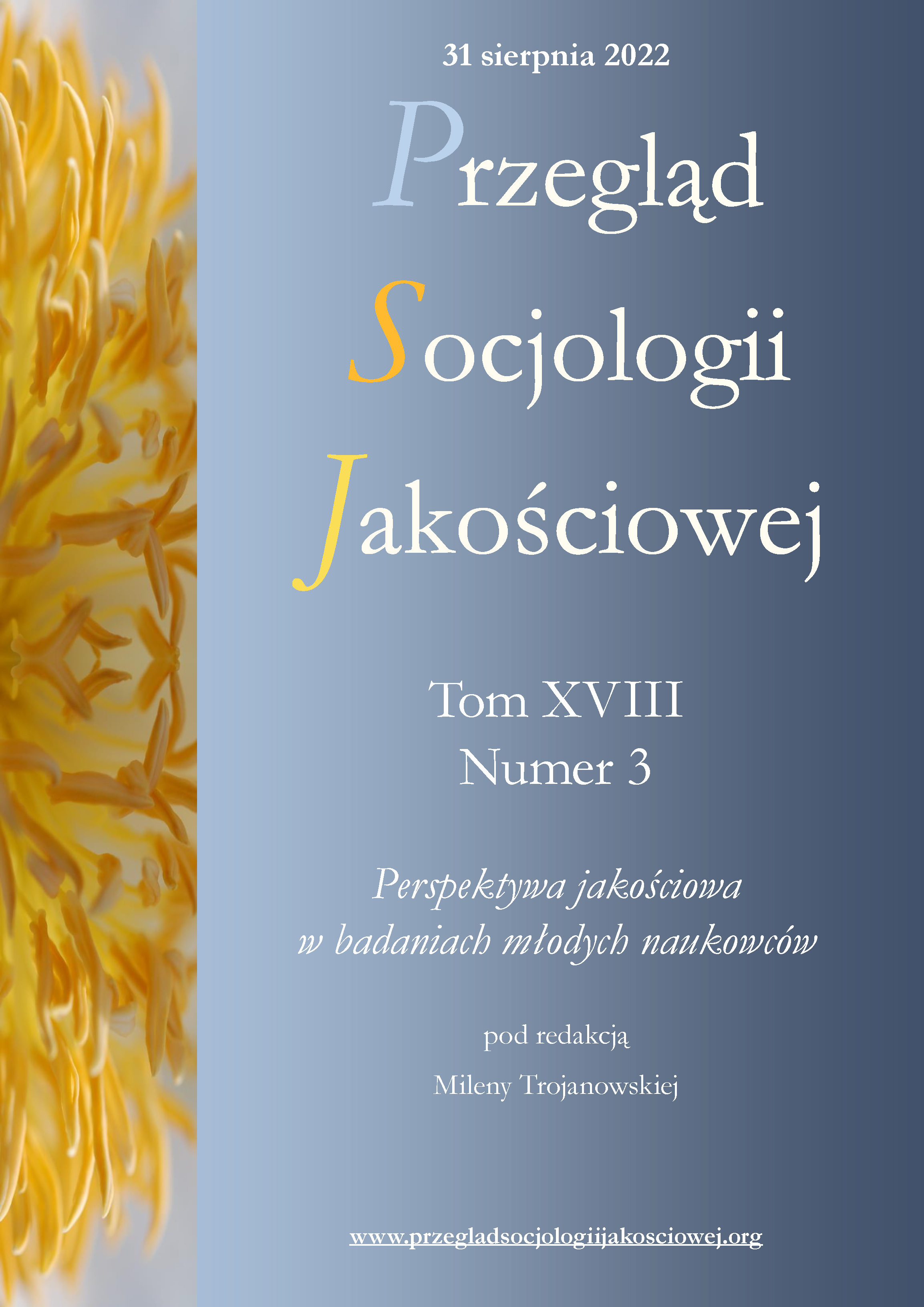Narracje na temat polityki narkotykowej w amerykańskim dyskursie parlamentarnym
Narratives in the American Parliamentary Discourse on Drug Policy
Author(s): Maria PlucińskaSubject(s): Government/Political systems, Health and medicine and law, Penal Policy
Published by: Wydawnictwo Uniwersytetu Łódzkiego
Keywords: drug policy; narrative analysis; psychoactive substances; parliamentary discourse
Summary/Abstract: The United States plays an important role in determining international drug policy. It is also one of the first countries which made legal regulations on psychoactive substances. For more than hundred years, the USA had believed that prohibition was the best solution for the drug problem. However, at the end of 2020, the American policy on drugs changed and became more liberal, especially in relation to marijuana. On December 4th, 2020, the House of Representatives voted in favor of marijuana decriminalization on federal level and now it is proceeding in Senate. On December 3rd, the status of marijuana in the UN Single Convention on Narcotic Drugs was changed and it was erased from the list of dangerous substances without medical use. In this article, I will show the changes of narratives on drugs presented in Congress. I am interested in how various perspectives affect choosing solutions. Therefore, I will use the narrative method to analyze transcripts from the proceedings of two laws: Anti-Drug Abuse Act of 1986, which was a result of Ronald Reagan’s “zero tolerance” policy, as well as the 2020 marijuana decriminalization amendment. I will show main narratives presented by members of the Democratic party and the Republican party, as well as how they were changing with the passage of time. I will also present which of the existing hypotheses on the issue are supported by the narrative analysis of parliamentary discourse.
Journal: Przegląd Socjologii Jakościowej
- Issue Year: 18/2022
- Issue No: 3
- Page Range: 32-53
- Page Count: 22
- Language: Polish

